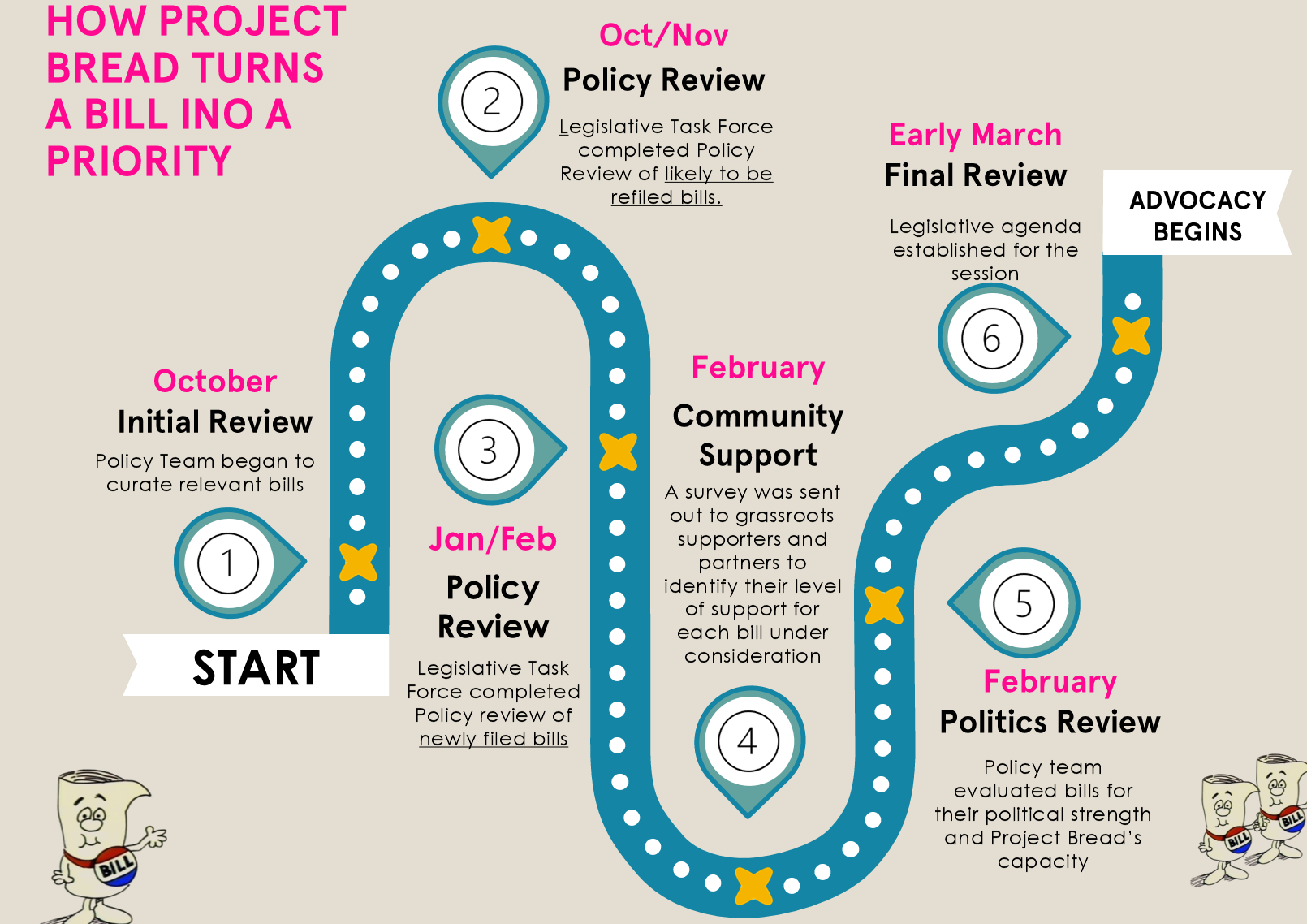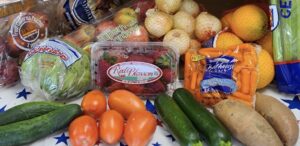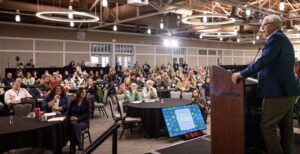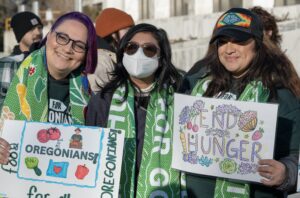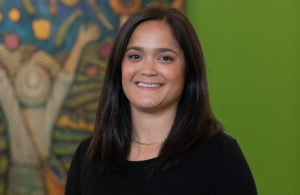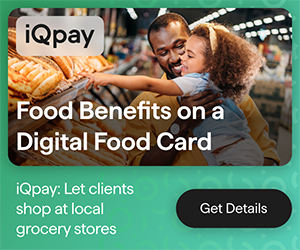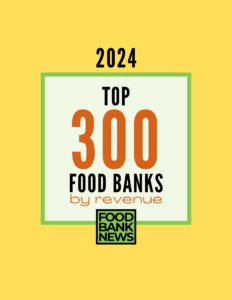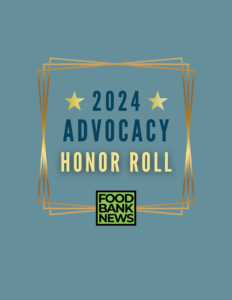One of the most difficult aspects of advocacy for nonprofits is figuring out where to focus the most energy and attention. Boston-based Project Bread, which promotes food security and food access throughout Massachusetts, recently met this challenge head on.
To determine its eight-point legislative agenda for the state’s upcoming 2025-2026 General Assembly session, Project Bread underwent an intensive review of some 7,000 bills, a process that took several months and captured a wide range of input, including surveys of more than 200 people. Its methodical and comprehensive approach to determining its legislative priorities may well be unmatched in advocacy circles.

“There were, in total, probably close to twenty meetings,” says Leran Minc, Director of Public Policy. “It was a multi-month process with lots of stakeholders involved.”
Project Bread unveiled its final agenda in early March, identifying four measures as priorities: replacing stolen SNAP benefits; improving SNAP customer service and participation; getting permanent funding for the state’s healthy-food incentives program, and alleviating food insecurity on state-run college campuses.
Another four bills emerged as worthy of Project Bread’s strong support: establishing a farm-to-school program; increasing cash assistance to families in deep poverty; strengthening tax credit programs, and establishing state-funded SNAP and cash benefits for immigrants.
Here’s how Project Bread determined which bills to champion in its legislative agenda:
First, it formed a Legislative Agenda Task Force consisting of 13 Project Bread staffers and five alumni from its Council of Experts, community members with lived experience of food insecurity who help with policy decision-making and brainstorming. Launched a year ago, the Council of Experts recently welcomed its second cohort. Given the commitment asked of active Council members, Minc explained, Project Bread invited alumni of the Council to participate on the task force.
The review process began with an initial screen that narrowed the universe of bills considerably (from roughly 7,000 to roughly 200) using keyword searches such as “SNAP,” “poverty,” “meals,” and “school lunch.” Project Bread’s policy team then performed a cursory review to confirm those that made it through were, in fact, relevant to its mission, further reducing the number of bills to around 70 to 80.
The task force then conducted two “policy” reviews—first on bills likely to be refiled in the upcoming session, then on newly filed or revised bills. Two to three members of the task force scored each bill using a rubric that assessed mission fit (a focus on food insecurity, families with children, and federal or state nutrition programs), as well as alignment with Project Bread’s expertise, whether it addresses root causes of hunger (by increasing purchasing power or income, or covering the cost of basic needs), and equity.
For its equity score, Project Bread was guided by Bread for the World’s Racial Equity Scorecard. While racial equity is an important part of the analysis, Minc noted, Project Bread also considered other historic inequities and the extent to which a bill would actively address them.
“While we look at all these categories,” Minc said, “no one category seems to dictate everything. You might score low in one, but if it scores highly in other places, it will still tend to do well.” The task force then came together to review the small-group scores and derive a consensus score for each bill.
Those policy reviews yielded 19 bills that scored above 50%. Project Bread then shared summaries of these bills with members of its broader community—including grassroots supporters, Project Bread grantees, and partner organizations—to gauge community support on a scale of one to five. In all, 213 individuals responded, representing a good cross-section of Project Bread’s network, Minc said.
With community feedback in hand, Project Bread’s policy team, consisting of Minc and Director of Government Affairs Selecca Bulgar-Medina, conducted a “politics” review to assess each bill’s legislative momentum, sponsors, supporting coalition, opposition, and Project Bread’s likely impact. Finally, the policy team reviewed all three scores (policy, community support, and politics) to create a draft legislative agenda, which it then presented to the full task force.
The four legislative “priorities” and four “endorsed” bills will all receive Project Bread’s support, Minc emphasized. The different designations, however, may help Project Bread manage its resources in the event of limited capacity.
While the eight bills on the final agenda had scores clearly higher than the rest, the difference between the “priority” and “endorsed” categories was minimal. Overall scores for the final eight ranged from 80% to 71%, with the lowest-rated “priority” bill receiving an overall score of 77% and the top-rated “endorsed” bill receiving an overall score of 76%. “With just eight bills this cycle,” Minc said, “we will hopefully not have too much difference between the two categories.”
With its agenda finalized, Project Bread is preparing for advocacy, assembling data, refining its positions, and preparing for legislative testimony—whether it will be taking the lead or advocating as a member of a coalition. “It really is bill by bill,” Minc explained. – Amanda Jaffe
Amanda Jaffe is a writer and former attorney with a deep interest in organizations and mechanisms that address food insecurity. Her online publication, Age of Enlightenment, is available on Substack, and her essays and articles may be found at www.amandajaffewrites.com.
Like what you’re reading?
Support Food Bank News
